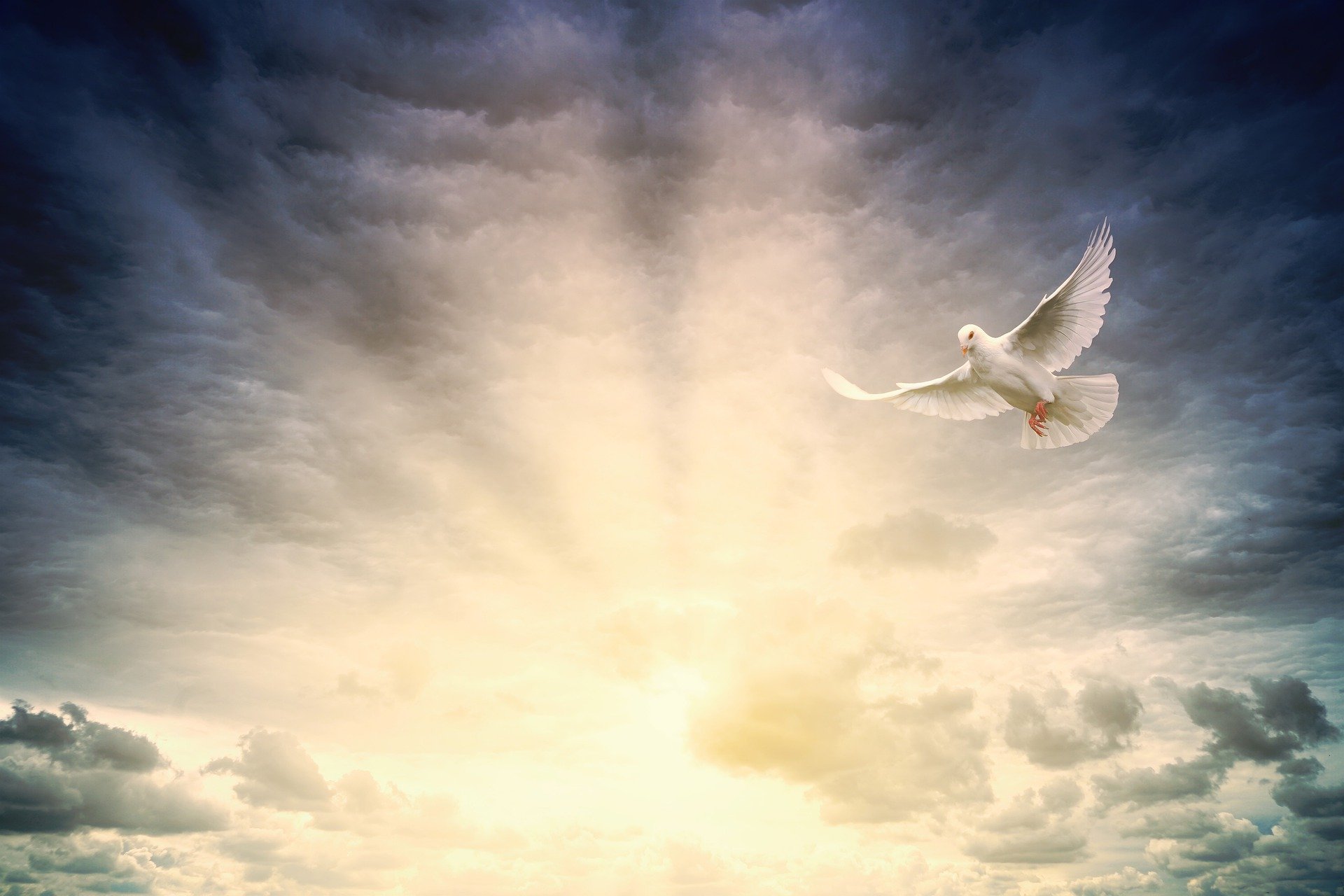The Pope of Peace


fot. jplenio z Pixabay
“John Paul II continues to be an advocate for the rights of God and human rights. They are the basis for finding balance and a point of reference for peoples’ hope in today’s world,” says, on the 101st anniversary of his birth, Fr. Slawomir Oder, postulator of John Paul II’s beatification process.
This is an opportunity to thank God for the gift of his pontificate and to recall his teaching, the words that he left us on the pages of so many letters, encyclicals, homilies, during so many pilgrimages,” said Fr. Slawomir Oder.
He pointed out that, although the years pass, Karol Wojtyla remains an important reference point for many people in the world. “It is difficult to overestimate how much he contributed to the history of the Church, humanity, our nation, and our continent.” He stressed that “John Paul II was and remains an advocate for the rights of God and human rights.”
“Many people today are tempted to look at God as an enemy. Meanwhile, He is man’s ally. We read about this on the pages of the Holy Scriptures; John Paul II taught us about this as well. He told us that God has the right to exist in human history, but also that man has the right to read his life, his history, through the prism of God.”
Pointing to John Paul II’s affirmation that “man cannot fully understand himself without Christ. He cannot understand who he is, nor what his proper dignity is, nor what his vocation and ultimate destiny is”, he stressed that this message is “the key to understanding both the whole heritage and finding some balance and a point of reference for peoples’ hope in today’s world.”
The postulator of John Paul II’s beatification process pointed out that the Middle East was always an extremely important place for the Pope. “He looked at this land as the cradle of the Abrahamic religion, which is the basis of our faith,” Fr. Oder pointed out. He mentioned that John Paul II convened a special Synod for Lebanon, and from 20-26 March of the Jubilee Year 2000, he made a pilgrimage to the Holy Land and also visited Jordan. This was one of the greatest dreams of his pontificate.
This trip, unlike most others, was not called an “Apostolic Visit.” The official program termed it “The Jubilee Pilgrimage to the Holy Land.” “This visit above all has the character of a personal pilgrimage to the Biblical places and the roots of faith,” said at the time Joaquin Navarro-Valls, the Vatican’s spokesman.
As Fr. Oder underscored, “the Pope’s entire pontificate was a constant call for peace, for understanding, pointing out to nations the need to find a platform for dialogue.” “There, in the Holy Land, are the roots of values shared by millions of people around the world. That is why it is so important for peace to reign there,” pointed out the postulator of John Paul II’s beatification process.
In the opinion of the priest, John Paul II would call today’s Poles to dialogue, mutual respect, reconciliation, and to understand the values of the homeland and freedom, teaching that they are ‘a gift and a task’ for which one must constantly strive. “They must not only be used or consumed, but history teaches that they must be cared for, and sometimes even fought for,” said Fr. Oder.
As he added, “the Pope would teach us to look at each other with kindness and to put what we call the common good at the center.”
St. John Paul II grew up in Wadowice, where Jews made up about 25 percent of the population. The Wojtyła family lived in a house owned by a Jew, Chaim Bałamuth. On 13 April 1986, as Pope, he crossed the threshold of a synagogue, and on 23 March 2000, he stood before the Wailing Wall in Jerusalem.
The pontificate of John Paul II was one of the longest in the history of the Church. The Pope visited 132 countries and approximately 900 places. His pontificate saw, among other things, the collapse of the communist system in Central and Eastern Europe.



Dodaj komentarz